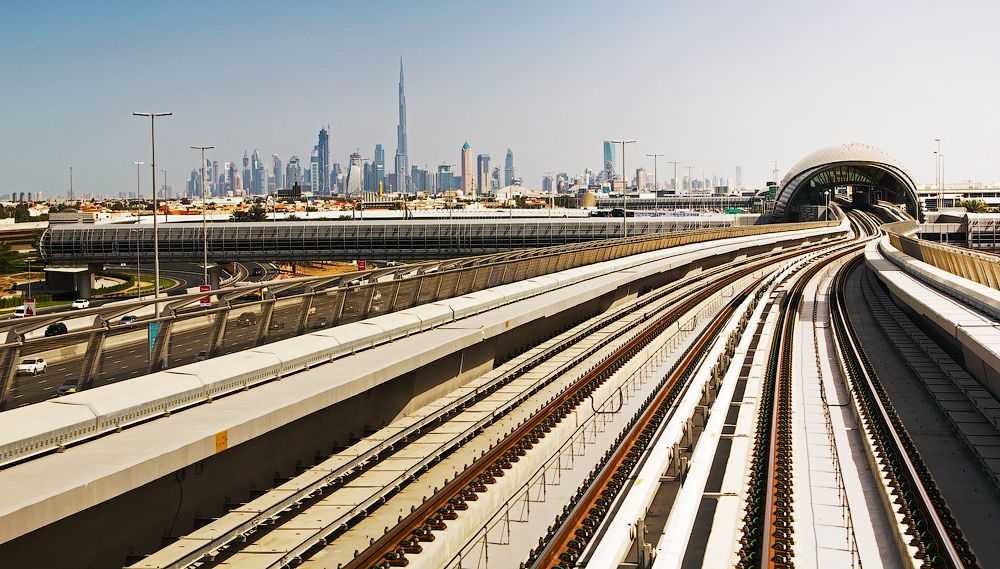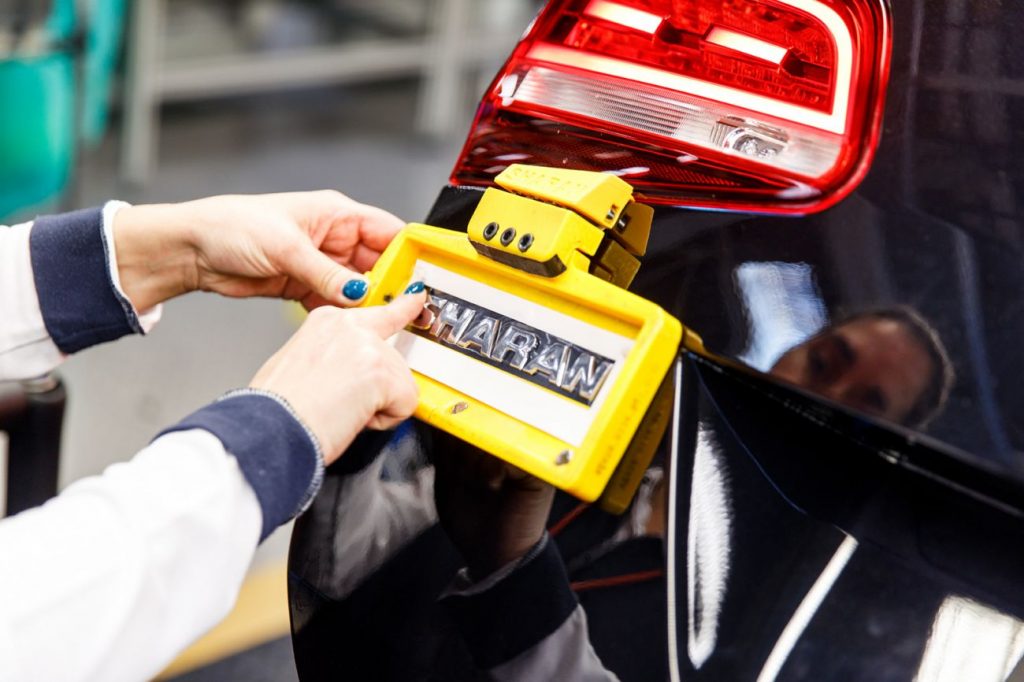Once the world’s longest driverless transit rail network (until 2016 when it was surpassed by the Vancouver SkyTrain) the Dubai Metro transports over 160 million passengers each year.
To keep trains running, and passengers happy, the city’s Roads and Transport Authority (RTA) has signed an MOU with the Middle Eastern branch of award-winning automation conglomerate Siemens.
The agreement will enhance the RTA’s existing 3D printed spare parts initiative, contributing to the endeavor to become “the world’s smartest city” by the year 2020.

Driving down cost to benefit the customer
The RTA first introduced 3D printed spare parts to service its ticket machines in October 2016.
Speaking at the time of launch Abdul Mohsin Ibrahim Younes, CEO of RTA’s Rail Agency, explained, “The 3D printing technology would enable RTA to keep the Dubai metro assets in service longer while driving down the cost of parts and in turn passing this saving back to the customer.”
“An example of this is that when small parts are needed, normal practice dictates a local manufacturer would need to produce hundreds to justify his cost.”

According to today’s release, the partnership with Siemens “will seek to extend the sources of spare parts for the Dubai metro and increase their availability,” reducing issues that arise when parts become obsolete.
The digital warehouse
As a more efficient and money-saving approach, digitization of the supply chain is increasingly seen in other initiatives around the world.
German railway company Deutsche Bahn launched its “Mobility goes Additive” network that aimsto digitize 2,000 parts by the end of 2017, and a further 13,000 by 2019.
For tooling, jigs and fixers, the Volkswagen Autoeuropa factory in Portugal has saved $160,000 by using 3D printing, and is also testing a 3D printing project for vintage cars.

In Dubai, Younes hopes that working with Siemens will “consolidate RTA’s constant efforts to back up Dubai’s endeavors in becoming the world’s smartest city in three years.”
Alexander Biron von Curland, Senior Executive Vice President, Mobility, Siemens Middle East, adds, “Siemens has been a pioneer of 3D printing worldwide, and this digital technology is changing the way we design and manufacture spare parts for mobility systems such as metros.”
Never miss a story by signing up to the 3D Printing Industry newsletter and finding us on Facebook and Twitter.
Check out the 3D printing events here.
Featured image shows Dubai Metro train Photo via Careem USA.


